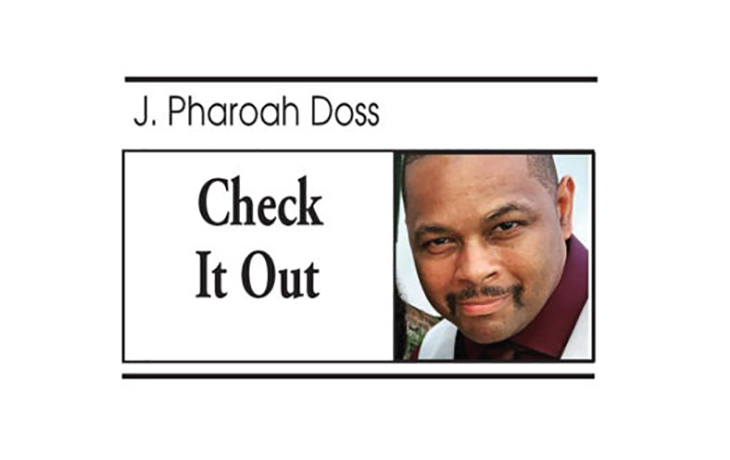Members of Memphis’ SCORPION unit were behind the brutal beating of a suspect. City of Memphis via AP
George Lakoff’s book, Moral Politics: How Liberals and Conservatives Think, makes a distinction between left and right through parenting approaches. He modeled the left after a nurturing parent and the right after a strict parent. A nurturing parent overprotects to prevent undesirable outcomes, while a strict parent prepares for them but acknowledges their inevitability.
Recently, a Lakoffian conflict erupted in Tennessee between the Republican-controlled state and the Democratic city of Memphis over a municipal ordinance commemorating Tyre Nichols.
Tyre Nichols was stopped for reckless driving in 2023 by members of the Memphis Police Department’s SCORPION unit. SCORPION, a specialized unit, patrolled high-crime areas, focusing on gang and drug-related offenses. Members of SCORPION took Nichols from his car, pepper sprayed him, tased him, and beat him up.
Nichols died at the hospital three days later.
Police body cameras filmed the majority of the deadly incident. The footage indicated that the police officers had no grounds to pull Nichols over, and their actions were unlawful. The Memphis Police Department quickly fired the officers, charged them with second-degree murder, and disbanded the SCORPION unit.
The president of the National Fraternal Order of Police argued that the actions of the officers involved in Nichols’ death did not constitute legitimate police work or a traffic stop gone wrong. So, dismantling the SCORPION unit was an overreaction. However, eliminating an overly aggressive unit was not enough for Memphis Democratic lawmakers. Nichols’ death prompted the Memphis City Council to enact “progressive police reform,” and local Democratic leaders passed the Driving Equality Act.
The Driving Equality Act did not prohibit Memphis police from conducting traffic stops for primary violations such as reckless or aggressive driving, but it did prohibit traffic stops for secondary violations such as expired registrations, a license plate that was not securely attached to the vehicle, a single broken brake or headlight, and a loose bumper.
The Memphis Democratic lawmakers, along with police reform supporters, believed that eliminating minor traffic stops would eliminate unnecessary interactions between officers and citizens. Nichols’ parents backed the Driving Equality Act. Nichols’ mother argued that the new legislation was required because traffic stops for minor breaches amounted to one thing: harassment of Memphis’ Black citizens.
Prior to the state’s intervention, Lakoffian parenting approaches were on full display in Memphis.

Memphis’ executive branch and police department emphasized individual accountability. They fired the implicated officers and disbanded the SCORPION unit. Even though the president of the National Fraternal Order of Police believed that dismantling SCORPION was an overreach, Memphis’ executive branch held that single unit responsible for the harassment residents complained about.
From the perspective of a strict parent, these procedures were sufficient.
Nonetheless, Democratic lawmakers stepped in as overprotectors, enacting an ordinance to minimize harassment by limiting interactions between police and residents. (It’s as if Democratic lawmakers separated the two because they couldn’t play nice together.)
There were two problems.
- The SCORPION officers had no valid grounds for stopping Nichols. Thus, secondary traffic violations had nothing to do with the Nichols case. The SCORPION officers claimed they pulled Nichols over for reckless driving, but the Driving Equality Act does not prohibit police from stopping people for reckless or aggressive driving.
Shutting down the SCORPION unit was not an overreach; however, prohibiting police officers from initiating minor traffic stops was. Democratic lawmakers insisted that the minor traffic stops they prohibited were unnecessary to ensure public safety.
- Law enforcement officials argued that secondary traffic stops were necessary for maintaining law and order and making felony arrests. As a result, the Driving Equality Act undermines local law enforcement’s ability to provide effective policing because Democratic lawmakers prioritized lowering police harassment in high-crime areas. (During the first two months of operations, SCORPION made 566 arrests, including 390 felony arrests, and seized 253 weapons and 270 cars.)
The Republican-controlled state of Tennessee intervened and repealed Memphis’ police traffic stop reforms. The governor agreed with state Republican lawmakers that Nichols’ death needed to result in accountability for the SCORPION officers who abused their power, not new limits on how police conduct traffic stops.
Naturally, the Republican-controlled state perceived the intricacy of the matter through the lens of a strict parent, but Democratic lawmakers accused the state of paternalism. (Definition: When persons in positions of power restrict the authority of subordinates for the subordinates own good.) According to state Democratic lawmakers, the repeal not only negated Memphis’ police reform but also eliminated local political power. Justin Pearson, a popular Democratic state representative, suggested that his Republican colleagues signaled that local Black policymakers don’t matter.
Political rhetoric and posturing aside, it was the Memphis City Council’s paternalistic treatment of the Memphis Police Department that got preempted, not the local government’s political power.

